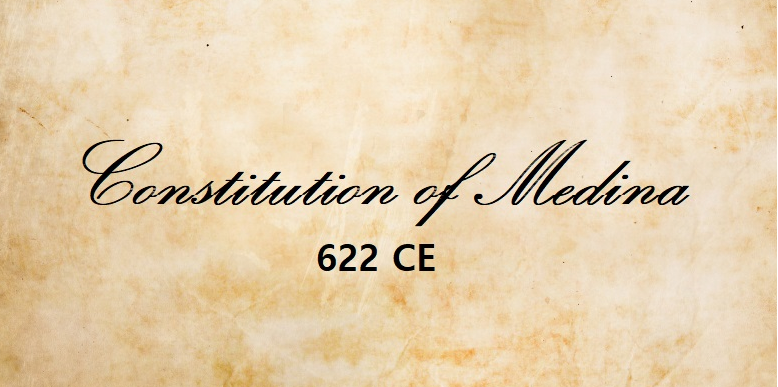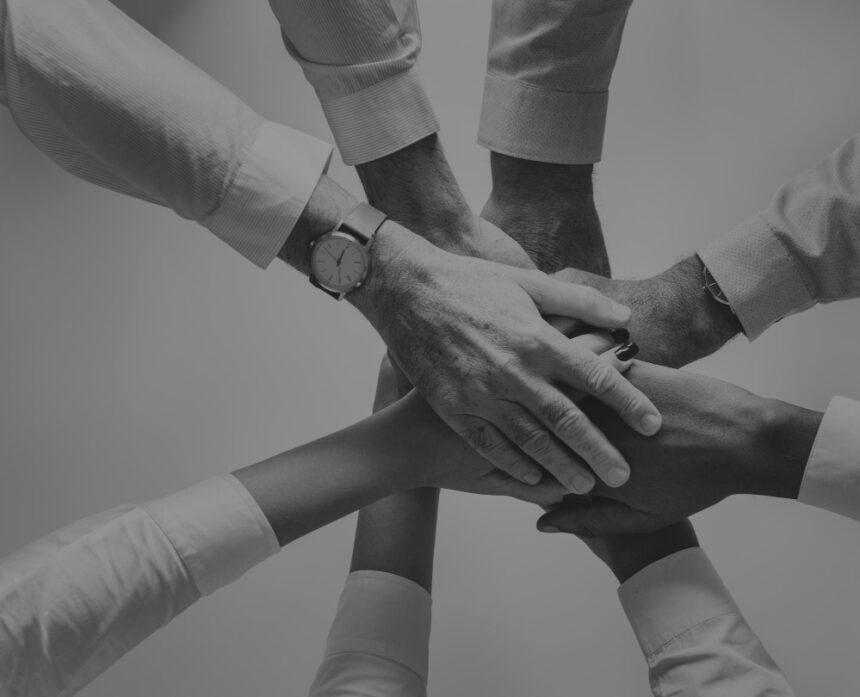The Charter of Medina: A Social Contract for the Common Man
Introduction Considered to be among the first known social contracts in human history, the Charter of Medina, sometimes known as the Constitution of Medina, Designed by Prophet Muhammad (PBUH) in…
The Enduring Relevance of the Charter of Madinah in Contemporary International Relations
Introduction The Charter of Madinah, often regarded as the first written constitution in history, was established by Prophet Muhammad (PBUH) in 622 CE. This document laid the foundation for a…
Building Inclusive Societies, Lessons from the Charter of Madinah
Introduction One of the first officially recorded systems for a multi-ethnic, multi-religious, inclusive community is the Madinah Charter, sometimes referred to as the Constitution of Madinah. Written by Prophet Muhammad…
The Constitution of Madinah and Modern Diplomacy:
Introduction Considered as one of the first recorded accords defining governance, cohabitation, and diplomacy, the Madinah Charter—also called as the Constitution of Madinah—is Written by Prophet Muhammad (PBUH) in 622…
The Revolutionary Charter of Madinah: Unveiling Its Hidden Historical Impact
Introduction The Constitution of Madinah, also known as the Charter of Madinah, is widely considered to be one of the earliest written political documents in history. This agreement, which was…
Islam and the Pursuit of Knowledge – AI and Innovation
Artificial intelligence (AI) has revolutionized daily life, reshaped economies, and transformed industries in the modern world. Nevertheless, the rapid advancement of technology has prompted ethical, philosophical, and theological debates, particularly…
Islamic Perspectives on Animal Welfare and Ethical Treatment
The contemporary world has given considerable attention to the issue of animal welfare. It is crucial to take into account the diverse perspectives of various cultures and religions on the…
The Concept of Ummah: Building Unity in the Global Muslim Community
The word Ummah has been chosen for “nation” in the Arabic language.In Islam the concept of Ummah is not limited to one specific nation or country instead it engulf the…
The Significance of Zakat in Reducing Economic Inequality
Zakat, which is one of the five pillars of Islam, is essential for the promotion of economic and social equity. It is a transformative instrument that reduces economic inequality, eradicates…
The Evolution of Islamic Education: From Madrasah to Modern Universities
Rich history of Islamic education has greatly helped to shape world learning systems. From the founding of conventional madrasahs until the arrival of contemporary Islamic colleges, the path shows a…












